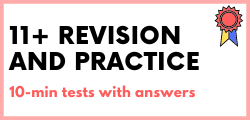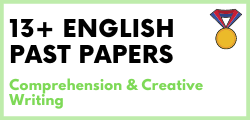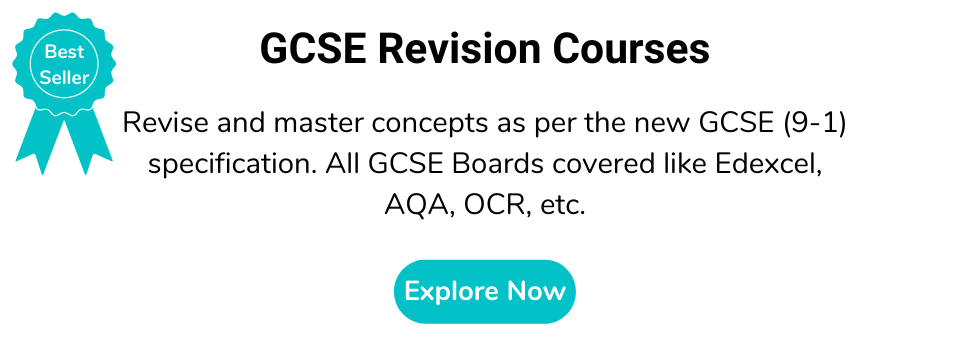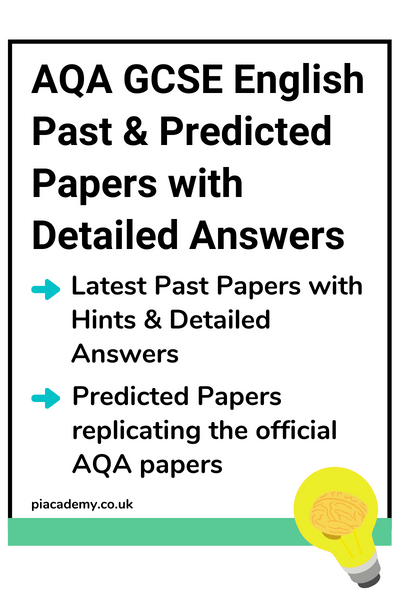GCSE Introduction
During Year 9, you might have started to hear a lot from your teachers about GCSEs, and you may have older friends who are taking them already. So What is GCSE? And why is it so important? This qualification is an important stepping stone on the path to getting a job or pursuing higher education.
There are a number of employers and colleges that require candidates to have at least five of these qualifications. This article has been compiled to help you gain a complete understanding of the GCSE English language paper.
GCSE English Language
There are typically two primary areas of study for GCSE English: language and literature. GCSE English language courses emphasize the development of students’ ability to read, write, and speak effectively. The English Literature GCSE is geared more toward strengthening students’ literacy skills.
There have been several adjustments to the GCSE English exams throughout the years. Course content, test design, and student evaluation all play a role in this. For GCSE English, there are typically two primary areas of study: language and literature.
We have enlisted below the top tips on how to achieve the best grades i.e, ‘a 9’ in the English Language GCSE. These tips work for all exam boards and although following them is not a guarantee of grade 9, they could help to raise your grade and improve your performance in the exam.
Top Tips for English Language GCSE Exam- 2023
In GCSE English exams, students will be tested on their knowledge of grammar and structure, all the way to vocabulary, spelling, and punctuation. However, it’s not only about passing the test. It’s about the all-around development of the student.
Following are the top 10 tips to get you further toward the top grade in your GCSE English language test.
1. Use the exam to help you
Each paper has a reading section and a writing section. Look at the reading section – these texts are there in the paper because they are great examples of a writer’s achievement so use them as inspiration. In fiction, the paper looks at the literary techniques used in the extract and tries to use similar techniques, see how the writer has built an atmosphere in the extract and borrows these ideas to do the same. Do not copy phrases but borrow ideas and techniques to craft your writing piece like a master craftsman!
2. Don’t rush to the writing section
Try not to dismiss the more technical reading section and jump on to the writing section which is just one part. Nearly in all GCSE exam boards, writing forms 50% of the overall grade. You should leave yourself equal time in the exam for the one writing question as you did for all the reading questions and, if this isn’t possible (as some exam boards have more reading questions than writing) then you should still ensure you commit at least 45 minutes to the writing task. Plan it, write it, and proofread it. Spelling, grammar, and punctuation all count here, and careless mistakes could cost you marks. A five-minute check at the end could be the difference between an 8 or a 9 grade.
3. Familiarise yourself with a wide range of texts
You don’t have to read a novel a week, but you do have to be familiar with a range of texts to be confident in tackling what you might come across in the exam itself. Primarily, the nineteenth-century text. Vast amounts of these are available online or free to download on devices such as Kindle. Reading extracts from these on a regular basis will help you to become familiar with the common vocabulary used in the period as well as the more complex sentence structures and grammatical forms.
Also, you will be required to analyze non-fiction and write in a variety of non-fiction styles so seek out magazine and newspaper articles, famous speeches, letters diaries, and autobiographies to really get a feel for how these different texts are structured and their individual styles and tones of voice.
4. Churn out all the cream of a quote!
When analyzing language don’t just think of quotes as a single image in themselves but consider individual words within them. A good technique, once you have analyzed a quote as a single image is then to ‘zoom’ on specific keywords within that same quote to add further layers of analysis. Talking about the effect of a simile such as “the sky glowed like gold” by saying it shows how beautiful the sky was is just one layer, you should also ‘zoom’ in on those keywords and explore their connotations. For example: “The noun ‘gold’ makes the sky seem precious as gold has connotations of wealth and rarity and the verb ‘glowed’ has connotations of softness and warmth which further add to the effect of the sky as mystical and sublime.” Just thinking about the effect of individual words can add so much more to your answer.
5. Be ‘Perceptive’
Typically, the key descriptors you find in the top bands of every mark scheme for the Reading section of the exam will include words such as ‘perceptive’ or ‘insightful’ – but how do you ensure that you are being perceptive? What makes an answer insightful? This is a difficult quality to pin down and some say it can’t be taught: you are either perceptive or you are not. However, there is a simple tip to help nudge your answer towards one that could be seen as perceptive and it is to explore other interpretations. Whenever you are analyzing a linguistic or structural technique that doesn’t just give one possible meaning, add a sentence: “This could also mean…” and give an alternate interpretation. By adding a different, alternate view of what the writer might be trying to say then you are exploring the text to the fullest and are more likely to reach the top bands of the mark scheme.
6. Research the mark schemes for GCSE English Language Past Papers
All GCSE exam boards, like Edexcel, AQA, OCR, etc, publish their mark schemes of past papers on their websites and it is useful to spend some time looking at the very top levels and pick out the key skills tested for each question and the key descriptors. The bullet points in each band of the mark scheme separate the different skills being tested for that question and so careful scrutiny of these will allow you to ensure that you are really including everything that the examiner is looking for.
Conclusion
Passing the GCSE English language 2023 exam will look impressive on a student’s resume, especially if they decide to attend university. It will also help them harness their skills and learn to communicate effectively.
Students interested in taking the GCSE English language need to be very dedicated and willing to take on the challenge. The English language GCSE exam is comprehensive and rigorous, but it’s also rewarding. Students will learn to express themselves in several ways, and the language they understand will help them in other courses.
The first step and most important step towards boosting your grades in the GCSE English Language 2023 exam would be to start practicing GCSE English Past Papers with Model Answers.


















































